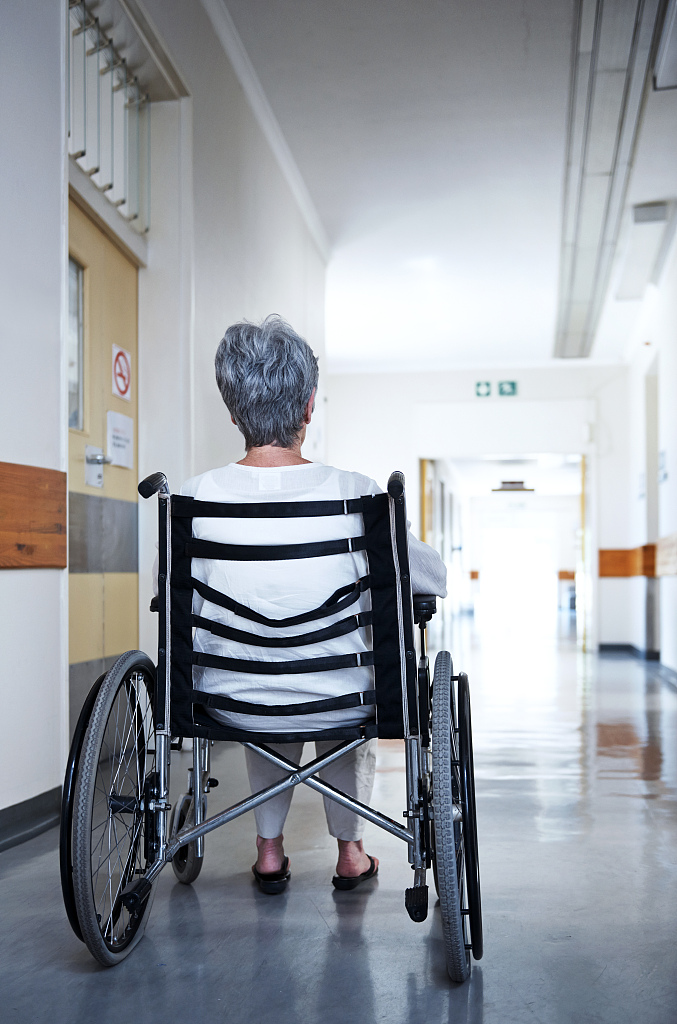
Ever since 2012, September has been World Alzheimer's Month. This year, the theme of World Alzheimer's Day is dementia, and an international campaign is being run to raise awareness and challenge the stigma that surrounds the disease.
In China, events on "prevention and social pressure" were held by the China Association of Gerontology and Geriatrics in September. Since there is little or no understanding of dementia, stigmatization and misinformation about the disease is a serious social problem. As China is becoming an aging society, the amount of Alzheimer patients increases rapidly.
According to experts, it is important to raise awareness about the existence of this disease at different levels since Alzheimer's affects about six percent of people aged 65 years and older, but an average of two-out-of-three people globally have little or no understanding of it, nor of dementia, as previous studies indicate.
Many people consider this disease is a normal part of ageing which is not true. Shaozheng Hu, who's a been Alzheimer's patient for years, had suffered a lot of pain and inconvenience, such as forgetting important passwords and personal info, decreasing self-care capabilities, becoming anxious during work and extremely paranoid to families.
"He's got lost many times in the past nine years. You can never imagine how hard to take care of an Alzheimer's patient," said Weng Shiyin, Hu's wife, adding that Hu has entered a moderately severe stage, and he lost many basic skills. "What's worse is he's got some mental problems, too, like hearing imaginary voices, becoming unstable emotionally, and being violent."
"I suffered a lot because I know he didn't mean to be like that, yet the harm is there."

China is aging so much faster. /VCG
China is aging so much faster. /VCG
The seven stages of Alzheimer's disease are: stage one - no impairment; stage two - very mild decline; stage three - mild decline; stage four - moderate decline; stage five - moderately severe decline; stage six - severe decline; and stage seven - very severe decline.
The seriousness of this disease demands awareness and hence, it is crucial that people should understand and encourage openness and discussion on dementia.
What causes Alzheimer's is not known, nor there is any cure for it. According to Zhang Guoping, director of department of neurology of Beijing Shijitan Hospital, medication and therapy may temporarily improve part of the symptoms, but it is hard to change problems like amnesia, obesity, hearing impairment, physical inactivity and so on.
Compared with other patients, the Alzheimer's group is not widely recognized in China. Since there is a lack of professional treatment, low effective medical support and a high cost on long-term care, how to provide quality medical help to patients is very crucial considering China is aging at a fast rate.
In recent years, China has issued a series of action plans regarding Alzheimer's prevention and related social care. Given the specific situation in different areas, the authorities require the screening rate to reach 80 percent by 2022 across the country. And support from finance, health care, community work and information sharing are also being boosted in order to enhance both public awareness and professional assistance to this special group of people.
(With inputs from agencies)